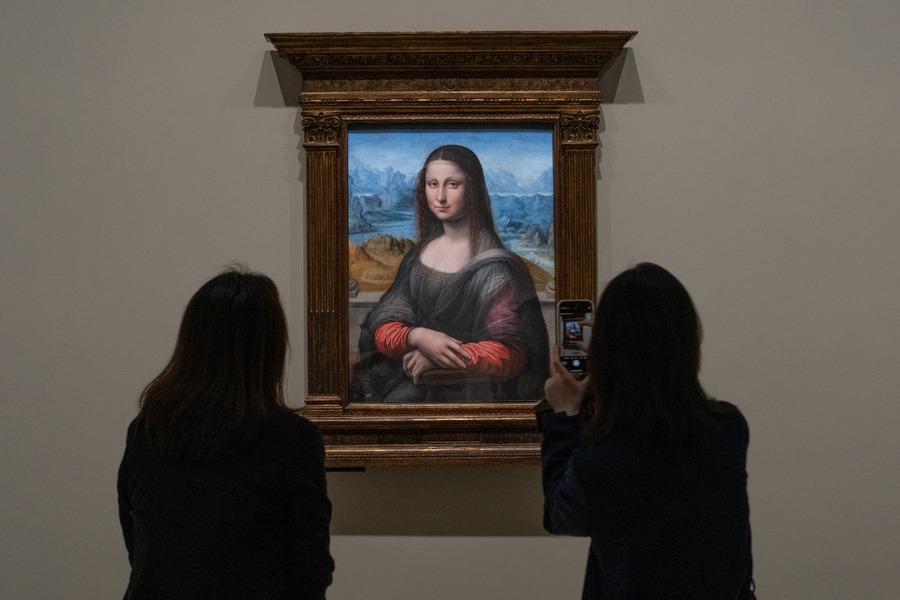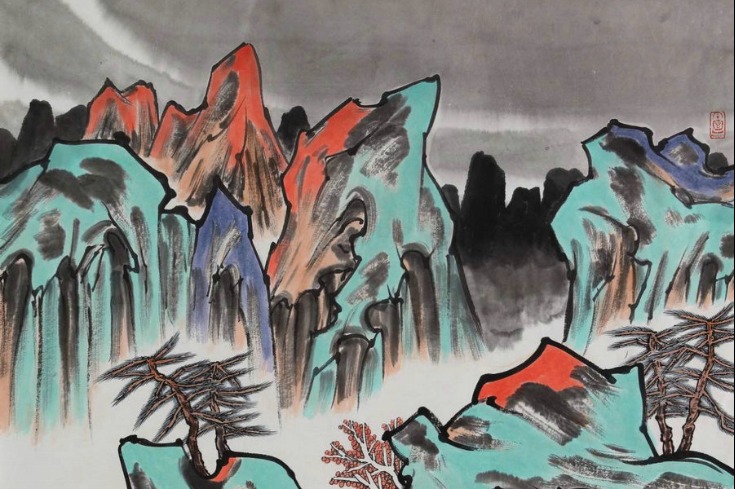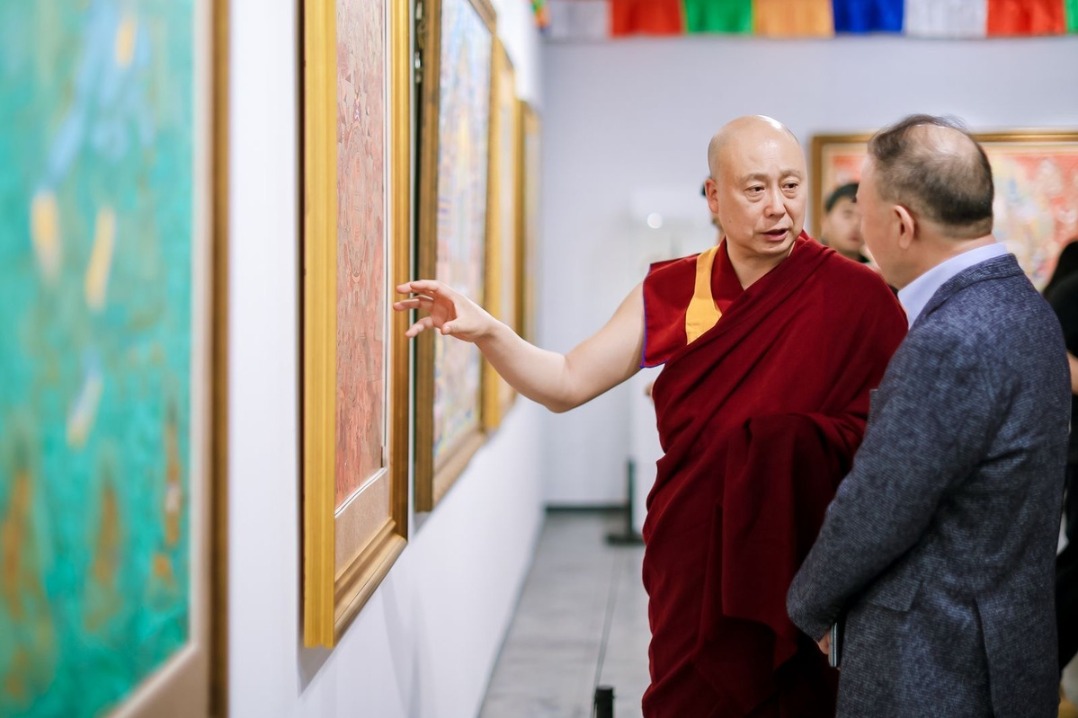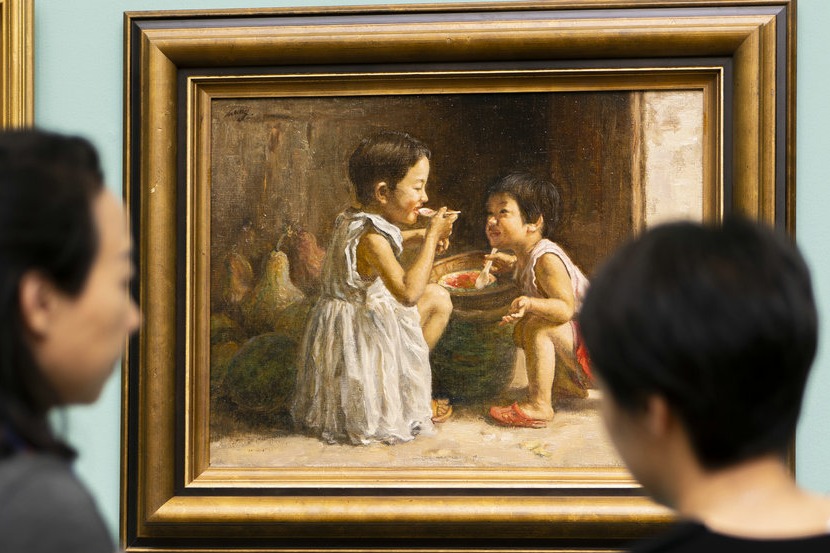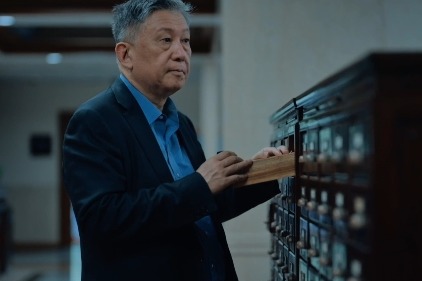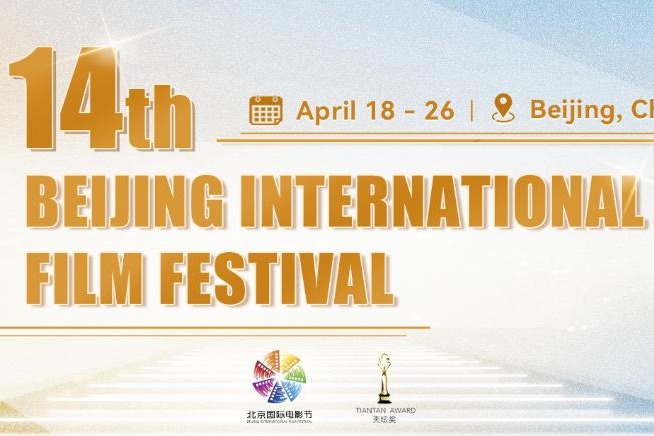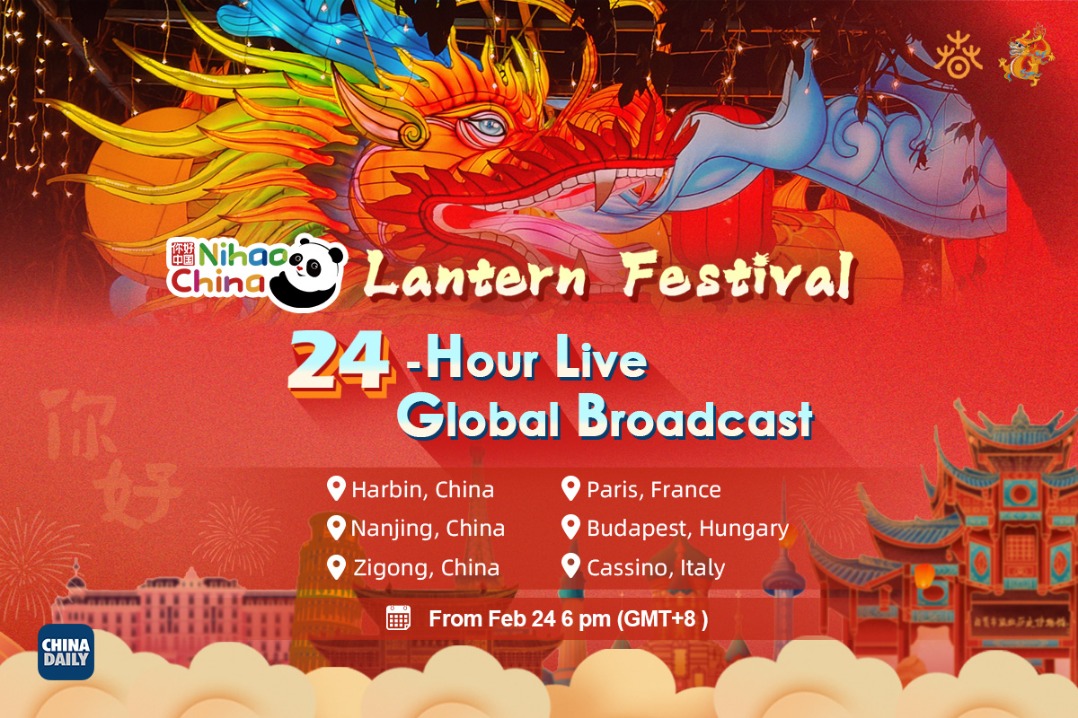Sinologist wants China to grow confident

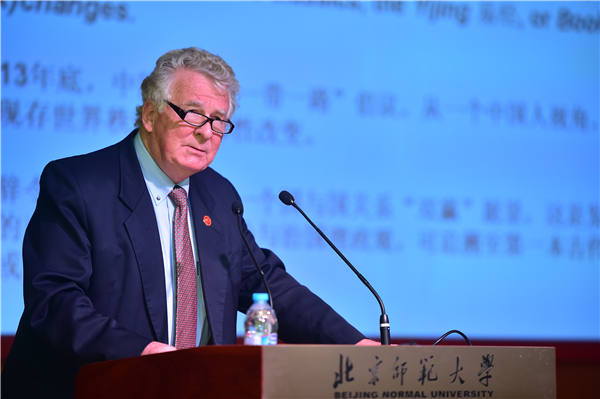
Wearing curly white hair, Roger T. Ames spoke slowly in Chinese at the eighth annual meeting of the Academy for International Communication of Chinese Culture, part of Beijing Normal University, in late November in Beijing. The Toronto-born Sinologist, 70, whose Chinese name is An Lezhe, is a professor emeritus at the University of Hawaii.
In 1966, when he visited Hong Kong as an exchange student, his roommate gave him The Four Books of Confucianism. He plunged into Chinese philosophy thereafter.
Taught by the leading figures of China's contemporary Neo-Confucianism movement, Ames got to know about an academic world that was different from the one built by Greek philosophers Plato and Aristotle. He studied Sino-Western comparative philosophy and translated Chinese classics such as Tao Te Ching and The Analects of Confucius into English.
Ames' translation of a well-known poem by Chinese poet Su Shi of the Song Dynasty (960-1279) showed it bore an understanding similarly expressed later in Western literature, implying that two worlds exist-one outside and one inside and that one should go to outside to see clearly what is inside.
Ames says the world is a system of "intranational relations" rather than international, and while "inter" puts independent things together to build new relations, "intra" seeks to develop existing relations. And, as an expert on comparative philosophy, this is the view he holds while looking at China's Belt and Road Initiative. "The concept of international relations is based on individualism," he says, adding that as a result a binary opposition of "stand or fall" has been created.
The world is one community with multiple countries, and people should pursue and develop the "intra" relations with mutual understanding and trust, he adds.
Ames says China is less confident about its culture after witnessing a century of foreign invasions in modern history.
"Chinese culture is rooted in people's life and language. Yet, with the rapid economic development and changes in society, the younger generation may get lost."
"The world is calling for the success of the Belt and Road Initiative. Chinese culture is also a cultural resource for the world and this should be China's part of the contribution, just like Beethoven's music not only belongs to the Germans but the whole world."


















